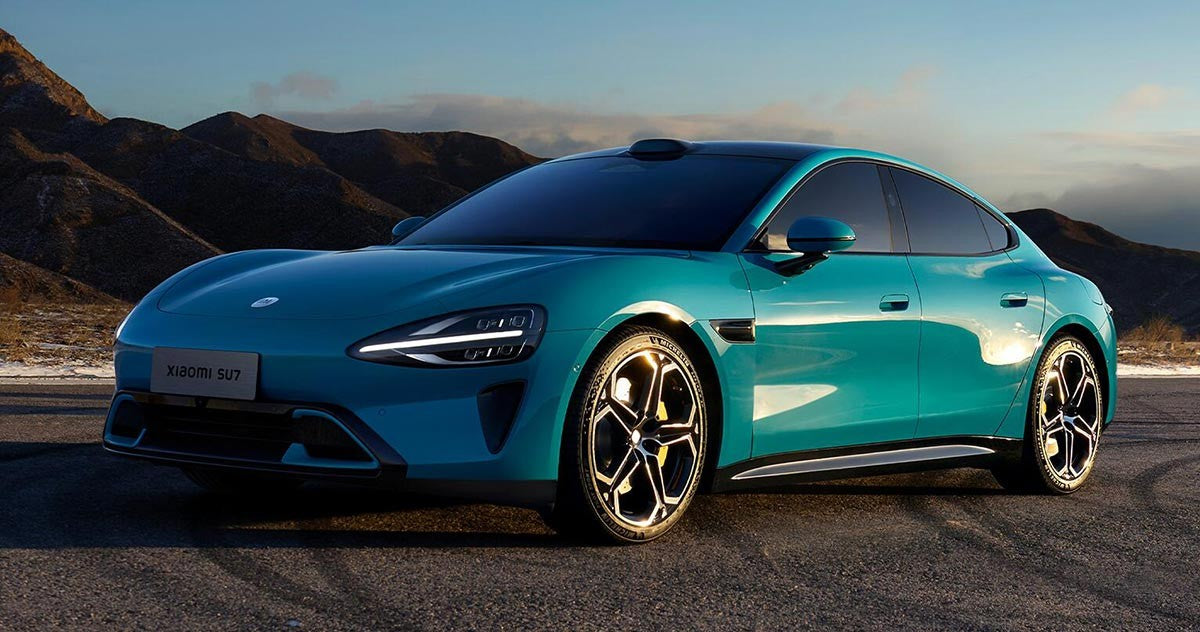Xiaomi, the renowned Chinese smartphone maker, has unveiled its first electric vehicle, the SU7. With a price tag starting from RMB215,900 (=AUD45,800), Xiaomi has what it takes to upset the status quo of stylish EVs such as Porsche and Tesla.

This site uses cookies for better user experience and analytics.

Xiaomi, the renowned Chinese smartphone maker, has unveiled its first electric vehicle, the SU7. With a price tag starting from RMB215,900 (=AUD45,800), Xiaomi has what it takes to upset the status quo of stylish EVs such as Porsche and Tesla.
The company reported an astounding achievement, garnering over 50,000 orders within a mere 27 minutes of launching its sales on 28th of March 2024 in China.

The combined share of EVs and hybrids in China’s auto sales is likely to reach 42% to 45% this year, up from 35% in 2023, according to Fitch Ratings. Known for its affordable smartphones, smart TVs, and other devices, Xiaomi aims to capitalize on that technology by connecting its cars with its phones and home appliances in what it calls a “Human x Car x Home” ecosystem.

The dual-motor version is dubbed SU7 Max and has combined horsepower of 673 hp (495 kW), and peak torque of 838 Nm. Xiaomi claims an impressive 0 to 100 km/h sprint time of 2.78 seconds, on par with Porsche Taycan Turbo and Tesla Model 3. The range on SU7 Max is 810 km, which has outperformed both Porsche and Tesla, at only a quarter of Taycan's price.

At iEV, we not only provide top-quality EV chargers and accessories, but also deliver exciting and in-depth insights from the global EV market, handpicked by our founders every week.

Customer service
5 years industry leading warranty, no paperwork, no fine print.
Fast Free Shipping
Get free shipping on orders of $200 or more
Refer a friend
Refer a friend and get 15% off each other.
Secure payment
Your payment information is processed securely
Share:
Why hydrogen car is NOT going to work?
BYD Shark 6: Australia’s First Off-Road-Ready PHEV Ute